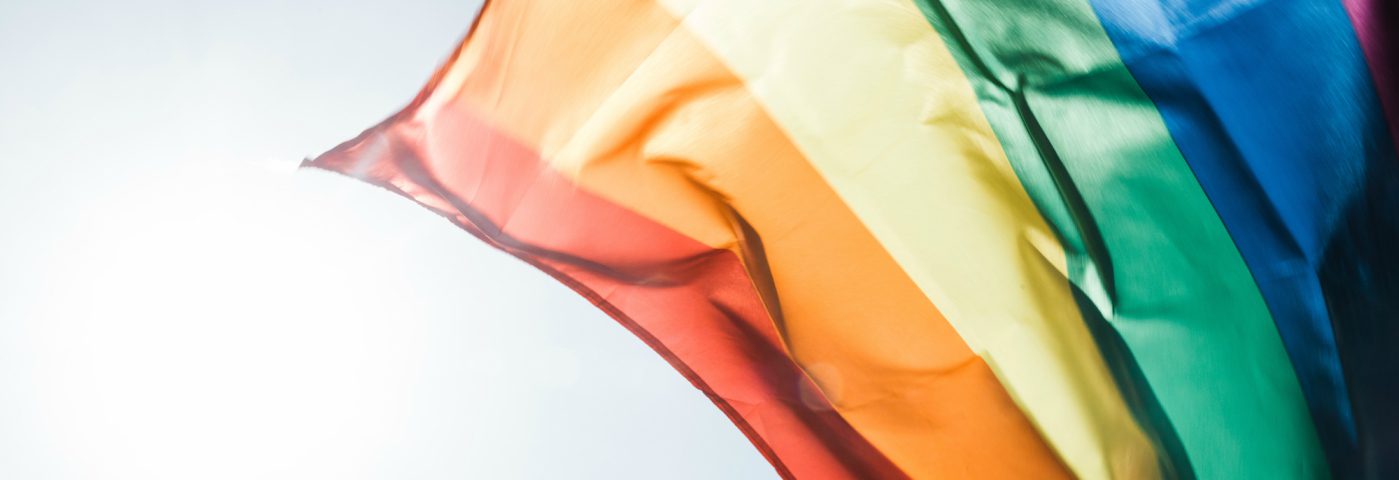The global LGBTQ+ travel market is thriving. It’s worth an estimated US$211 billion and growing each year according to PROUD Experiences. The UNWTO reported that there were over 35 million international LGBTQ+ tourist arrivals in 2016. This market offers numerous opportunities for travel brands and reaching these consumers benefits more than just the bottom line. But the industry wants more knowledge. In a PennState College study for IGLTA, the most frequently mentioned challenge for IGLTA buyers in catering to LGBTQ+ travellers is a lack of expertise and understanding.
The Value of the LGBTQ+ Traveller
LGBTQ+ travellers are valuable travellers, with research showing they out-spend and out-travel non-LGBTQ+ tourists. The UNWTO state that this segment travels with greater frequency and demonstrates higher-than-average spending patterns. Equivalently, PROUD Experiences found that:
- While only 6% of the world’s population identifies as LGBTQ+, they account for 10% of travel spending
- They take 4 – 6 trips per year, in comparison to 1 – 2 for the non-LGBTQ+ traveller
- The LGBTQ+ community spends 33% more on travel each year
The high value of this segment is attractive which explains why the travel industry is starting to focus its attention on the “pink dollar”. But the benefits aren’t just revenue focused. As YouGov report, “brands that consistently show support for the gay community have a strong public image across all consumers.” Therefore, improved brand perception, and even just practicing good ethics through more inclusive corporate behaviour, are other positive externalities.
Advice for Unlocking the Potential
The key to reaching the LGBTQ+ traveller is to not treat them differently. ACTLGBT explain that their common needs are tolerance, safety and the chance to interact with the local community, but this is the same for any traveller. Similarly, a 2015 survey by Community Marketing found that the main decision making criteria for LGBTQ+ tourists were quality, price and location, which can also be said for heterosexual travellers. In terms of higher spending habits, “the gay traveller is looking for culturally rich, exclusive and top-of-the-line experiences, just like any other luxury traveller would,” TravelPulse reported. While the needs and decision criteria of the LGBTQ+ traveller seem no different to their heterosexual counterparts, more sources of information are emerging to help with marketing to this segment.
The UNWTO offers guidelines for travel brands and destinations making their first approach to the LGBTQ+ travel market:
Encourage LGBT inclusion and diversity among all stakeholders. Internally, this includes adopting diversity and inclusion policies, and defending them when such issues are politicised. At a community level, consider working with the many groups and initiatives that support LGBT people as well as visitors. This should become part of the agenda in corporate social responsibility policies. LGBT inclusion and diversity is good for business, good for local economies and good for tourism destinations.
Carry out research and share it with your destination partners. Understand LGBT outbound markets and your destination’s attractiveness for the LGBT market. Because of the diversity in this segment, it’s important to deeply understand differences in travel motivations and behaviours between age groups, backgrounds, nationalities and more.
Recognise that authenticity is essential. Authenticity also means genuine integration and consistency. Do not just engage with the LGBT community for marketing purposes; it should be a two-way relationship, in which both can benefit. Authenticity in marketing means going beyond stereotypes and instead showing support for the diversity of real LGBT people.
LGBT consumers should not be considered in isolation. As visibility increases and people discover that colleagues, friends and family members are LGBT, the way that they are treated becomes more important to those who care, i.e. allies. These allies are also sensitive to the messages, both positive and negative, influencing their travel decisions.
Work in partnership with local businesses, associations and the LGBT community. NGOs that support LGBT people, LGBT Chambers of Commerce and other industry groups that promote knowledge exchange and partnerships in LGBT tourism have been proven to result in tangible benefits for all. The International Gay & Lesbian Travel Association provide free travel resources and information, and advocate for the industry.
Further opportunities include: Direct marketing through trade show attendance, improving knowledge through conventions and seminars, dedicating proper human and financial resources, gaining exposure at major LGBT events, lending logistical/travel support, and training and certification.
As stated in the UNWTO report, participating in trade shows allows businesses to get their message across to a diverse audience in a short amount of time. The perfect platform for this is PROUD Experiences; a new LGBTQ+ travel show and the first of its kind. The international three-day event brings together travel suppliers and buyers targeting the LGBTQ+ community. The programme includes face-to-face pre-scheduled appointments, strategic educational seminars and networking, all centred around LGBTQ+ travel and experiences. PROUD Experiences will be held in London on 6 June this year. Register your enquiry to exhibit at this LGBTQ+ targeted event.


